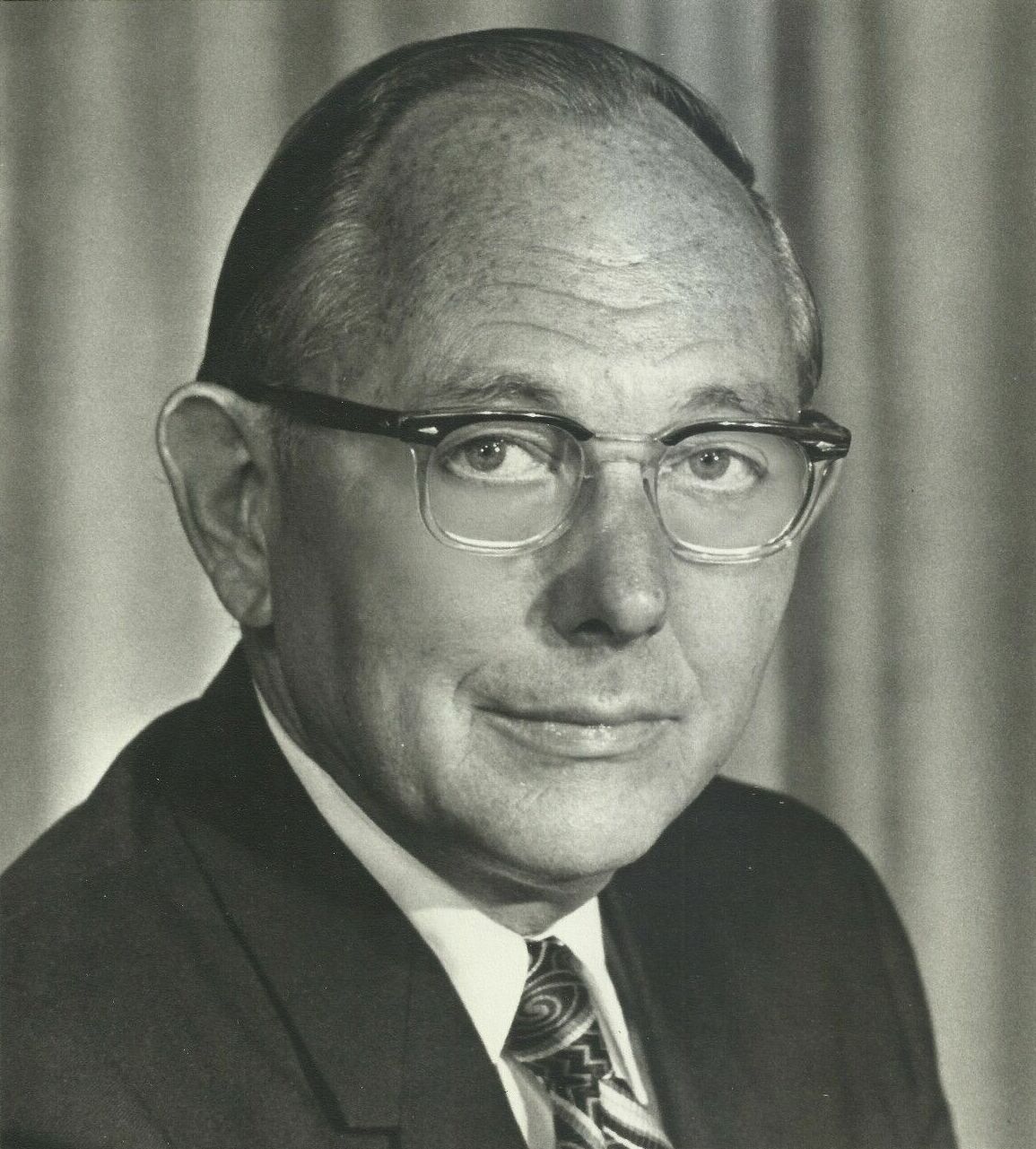Jack Richard Miller
| Jack Miller | |
|---|---|
 |
|
| Judge of the United States Court of Appeals for the Federal Circuit | |
|
In office October 1, 1982 – June 6, 1985 |
|
| Preceded by | Seat established |
| Succeeded by | Glenn Archer |
| Associate Judge of the United States Court of Customs and Patent Appeals | |
|
In office July 6, 1973 – October 1, 1982 |
|
| Appointed by | Richard Nixon |
| Preceded by | Lindsay Almond |
| Succeeded by | Seat abolished |
|
United States Senator from Iowa |
|
|
In office January 3, 1961 – January 3, 1973 |
|
| Preceded by | Thomas Martin |
| Succeeded by | Dick Clark |
| Member of the Iowa Senate | |
|
In office 1957 |
|
| Member of the Iowa House of Representatives | |
|
In office 1955–1957 |
|
| Personal details | |
| Born |
June 6, 1916 Chicago, Illinois, U.S. |
| Died | August 29, 1994 (aged 78) Temple Terrace, Florida, U.S. |
| Political party | Republican |
| Alma mater |
Creighton University Catholic University of America Columbia University University of Iowa |
Jack Richard Miller (June 6, 1916 – August 29, 1994) was a Republican United States Senator from Iowa who served two terms from 1961 to 1973, and then a federal appellate judge.
Miller was born in Chicago, Illinois. He first moved to Sioux City, Iowa in 1932 as a teen. He attended The Oratory School in England, then received a bachelor's degree from Creighton University in Omaha in 1938 and a master's degree from the Catholic University of America in Washington D.C. in 1939.
In World War II, Miller served with the United States Army Air Corps from 1942 to 1946, attaining the rank of lieutenant colonel. During this time his military service included the China-Burma-India Theater, the faculty at the Army Command and General Staff College at Fort Leavenworth, Kansas, and duty at Air Force Headquarters in Washington, D.C.
After the war, Miller received his law degree from Columbia Law School in 1946, and did postgraduate study at University of Iowa College of Law later that year. He served between 1947 and 1948 as an attorney with the Office of Chief Counsel of the U.S. Internal Revenue Service. After one year as an assistant professor of law at Notre Dame Law School, he then returned to Sioux City, where he went into private practice.
...
Wikipedia
